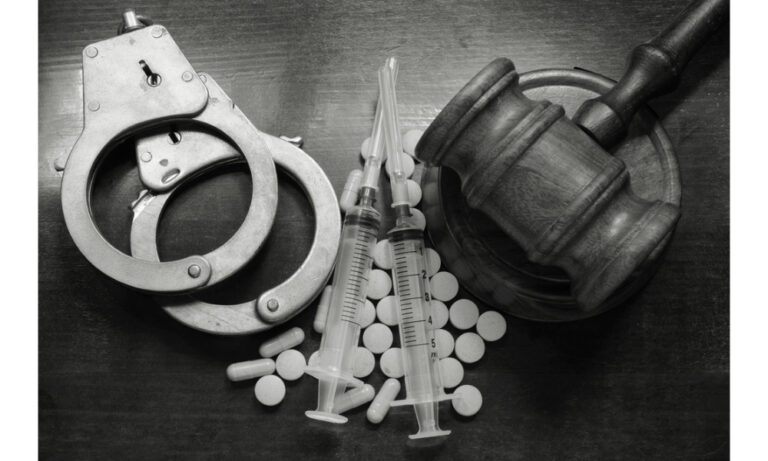When it comes to drug-related offenses, two of the most commonly charged crimes are possession and distribution. While both are serious and carry legal consequences, they differ significantly in terms of their nature, penalties, and legal defenses. Understanding these differences can help individuals better navigate their legal situations and work with their attorneys to secure the best possible outcome.
What is Possession?
Possession refers to the act of having controlled substances, such as drugs, in one’s physical custody. This can include anything from a small amount of marijuana in a person’s pocket to a more significant quantity found in their vehicle or residence. In legal terms, possession can be classified into two types:
- Actual Possession: This occurs when a person has physical control over the drugs, such as holding them in their hand or keeping them in a bag.
- Constructive Possession: This refers to situations where the drugs are found in a location under the person’s control, such as a car or house, even if the individual isn’t physically holding them at the time.
Possession charges are often classified as either simple possession (for personal use) or possession with intent to distribute. However, the key difference is that possession charges typically involve smaller quantities of drugs compared to distribution charges.
What is Distribution?
Distribution involves the act of selling, transporting, or otherwise transferring controlled substances to another individual. It’s important to note that distribution does not necessarily require a sale to take place; the mere act of attempting to sell, share, or distribute drugs can be enough to result in a distribution charge.
Unlike possession, distribution charges often involve larger quantities of drugs, making them more serious in the eyes of the law. This distinction also means that distribution charges typically carry harsher penalties, especially if the drugs involved are classified as high-level controlled substances.
Key Differences Between Possession and Distribution Charges
- Quantity of Drugs: Possession charges typically involve small amounts of drugs intended for personal use, while distribution charges often involve larger quantities.
- Intent: Possession charges focus on the individual having the drugs, whereas distribution charges focus on the intent to transfer, sell, or share the drugs with others.
- Penalties: Distribution charges are often more severe and carry longer sentences compared to possession charges, given the larger scale of the offense and the potential harm to the community.
- Evidence: Distribution charges often require evidence of the intent to sell or distribute, such as large quantities of drugs, drug paraphernalia (e.g., scales, bags), or communications about transactions.
Defending Possession and Distribution Charges
Both possession and distribution charges can be defended through various legal strategies. For possession charges, common defenses include lack of knowledge (not knowing the drugs were in your possession) or illegal search and seizure. For distribution charges, defenses might involve demonstrating the absence of intent to sell or distributing evidence of a different nature.
Seeking Legal Assistance
Understanding the differences between possession and distribution charges can help individuals better prepare for their case. If you are facing drug-related charges, it’s crucial to work with an experienced criminal defense attorney who can guide you through the legal process, help build your defense, and fight for the best possible outcome.
Contact a Criminal Defense Attorney Today
If you or a loved one is facing possession or distribution charges, don’t navigate the legal system alone. Reach out to a skilled criminal defense attorney who can help you understand your rights and options. Contact us today to discuss your case and take the first step toward a successful resolution.
This post was written by a professional at The Manderscheid Law Firm, PLLC. The Manderscheid Law Firm, PLLC, is your trusted drug crimes lawyer st. petersburg FL. With a commitment to integrity, advocacy, and understanding, my firm stands out in its dedication to giving each client and their case the personal attention they deserve. Whether you’re facing charges for DUI in St Pete FL, drug offenses, theft, or any other criminal matter, you can trust our experienced team to fight for your rights and provide the best possible defense. At Manderscheid Law Firm, PLLC, we believe in a tailored approach, ensuring every client feels heard and supported throughout the legal process.

